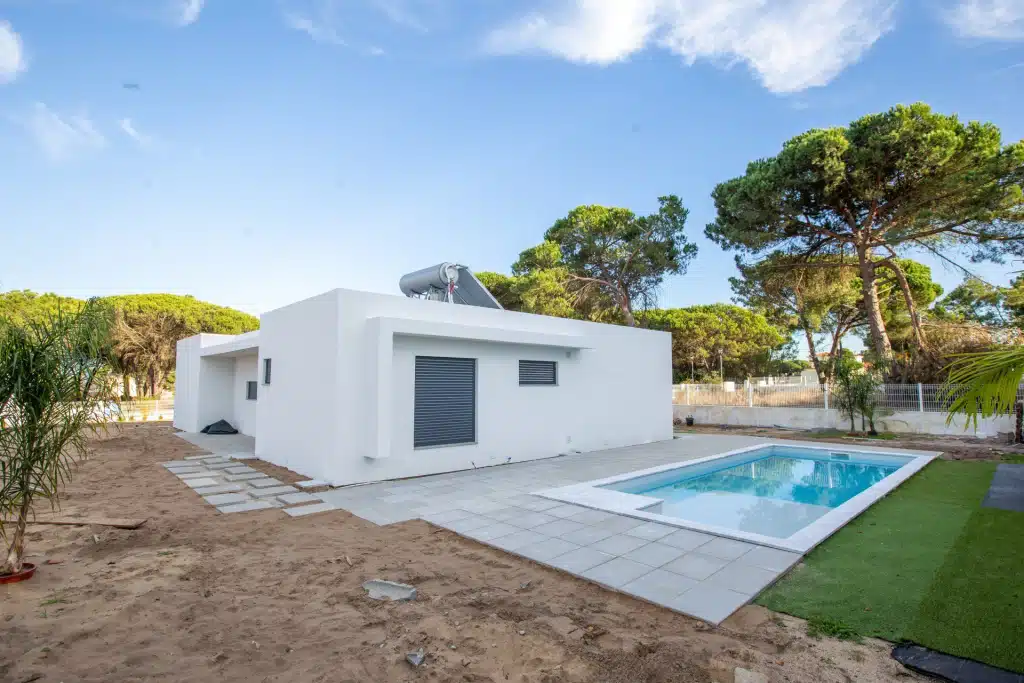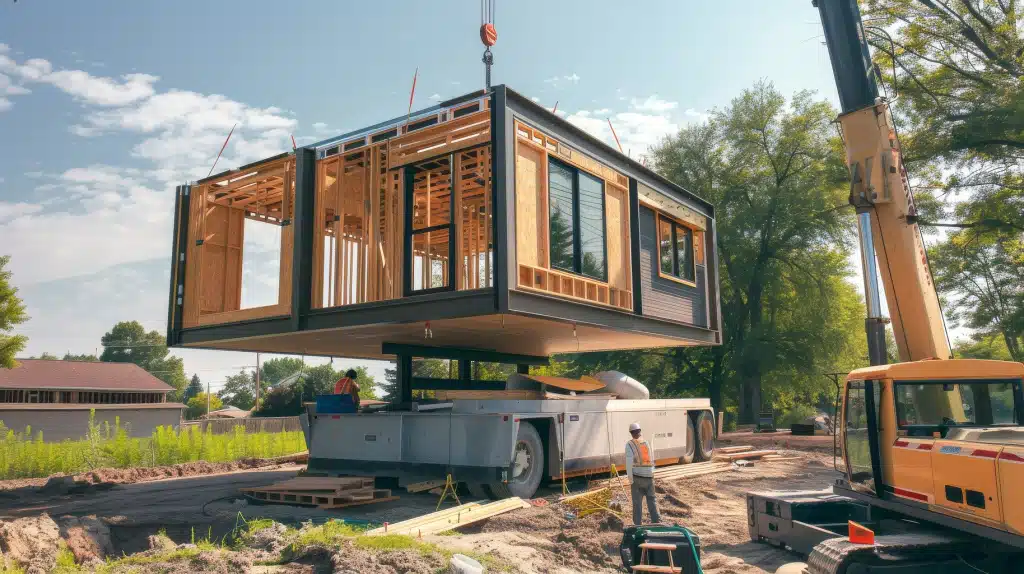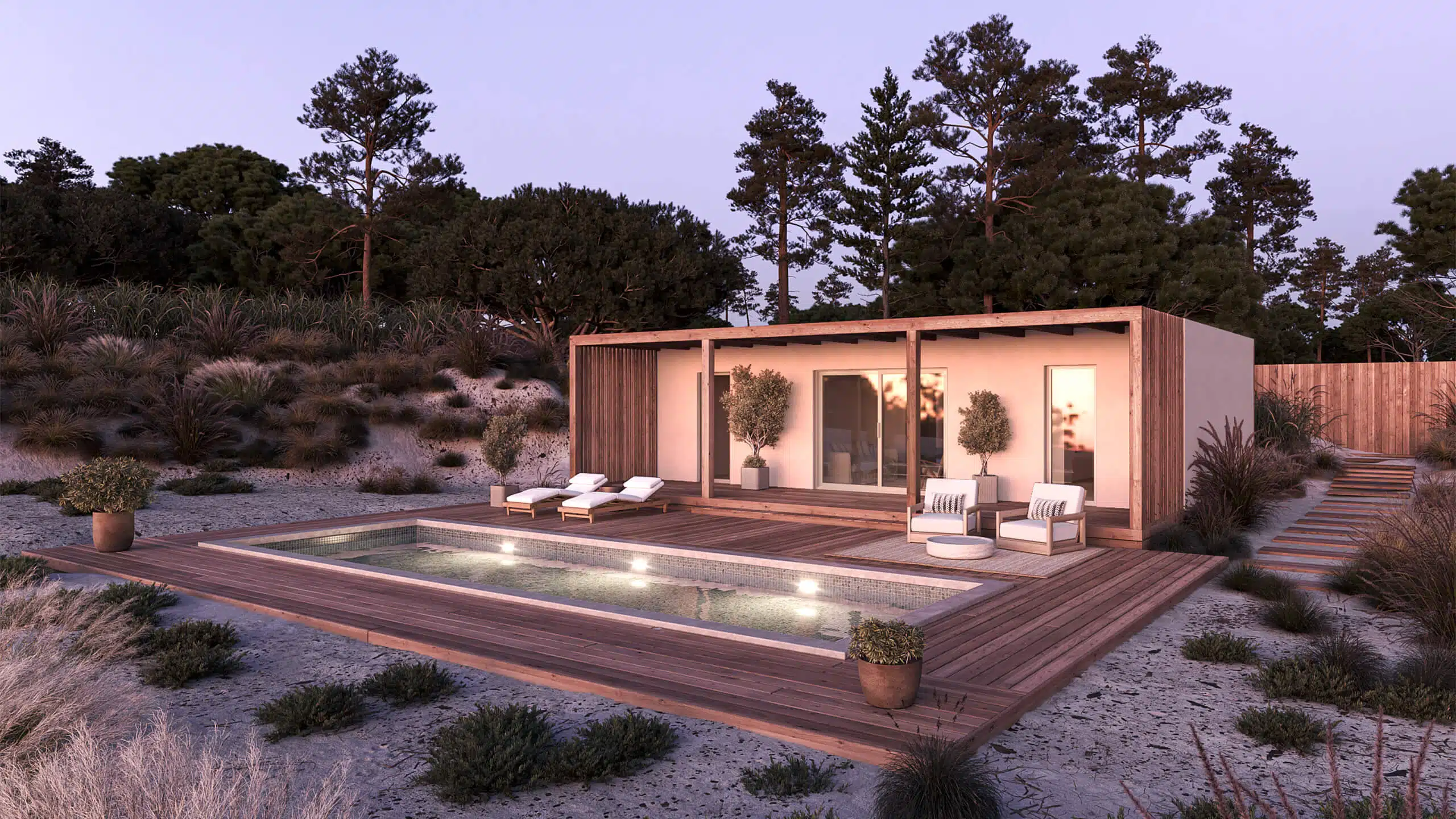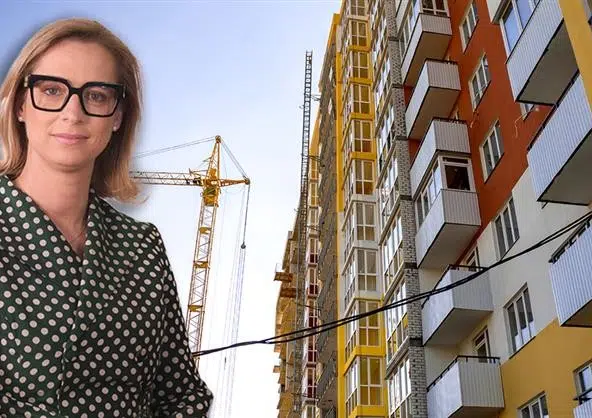In recent years, modular homes have gained increasing popularity in Portugal, attracting those seeking a modern, sustainable, and cost-effective alternative to traditional construction. However, before embarking on the journey of purchasing or building a modular home, it’s essential to understand the laws and regulations governing this type of construction in Portugal. This article outlines the key legal aspects you need to know about modular homes in the country.

What Are Modular Homes?
Modular homes are prefabricated constructions manufactured in factories and transported in modules to the final location, where they are assembled. This construction method offers significant advantages in terms of building speed, cost efficiency, and environmental impact. However, ensuring legal compliance is crucial.

Modular Homes and Legislation in Portugal
A common question is whether modular homes require the same permits as traditional buildings. In Portugal, the answer is yes. Regardless of the construction method, modular homes are considered permanent structures and are subject to the same licensing rules and processes as conventional buildings.
Steps to Obtain a Modular Home Permit
- Check the Municipal Master Plan (PDM):
The first step is to verify if the plot of land where you plan to install the modular home complies with the requirements outlined in the PDM. This document specifies zones where construction is permitted and the applicable urban planning guidelines. - Prepare the Architectural Project:
Like with traditional construction, you’ll need to submit an architectural project for municipal approval. This project must be prepared by a certified architect and include all technical details of the construction. - Apply for a Construction License:
Once the architectural project is approved, you must apply for a construction license. This process involves submitting additional documents, such as environmental impact studies if applicable. - Inspection and Certification:
During construction, municipal authorities may conduct inspections to ensure compliance with the approved project. Upon completion, a certificate of occupancy will be issued, which is required for legal use of the property.
Exceptions and Special Considerations
In some cases, modular homes may be classified as temporary structures, potentially exempting them from certain legal requirements. However, this classification is rare and depends on specific criteria, such as temporary use or limited duration at the site.
Even if a modular home is designed to be dismantled, it will still be treated as a regular building under the law if it is installed permanently.
Urban Planning and Protected Areas
In Portugal, construction in protected areas such as coastal zones or nature reserves is highly regulated. Before selecting a location, ensure the plot is not subject to environmental or urban planning restrictions that could complicate the licensing process.
Conclusion
Modular homes offer an innovative and efficient alternative to traditional construction. However, like any other building, they are subject to strict regulations in Portugal. Before proceeding with your purchase or construction, it’s crucial to understand the legal requirements and follow all necessary steps to ensure your project is safe and compliant.
Adhering to legislation not only avoids legal issues but also ensures your modular home is officially recognized and secure. We handle every stage of the process, from legalization to installation, ensuring deadlines are met and offering peace of mind to our clients.
Want to learn more? Contact us via the link below and discover how we can help make your dream a reality!



